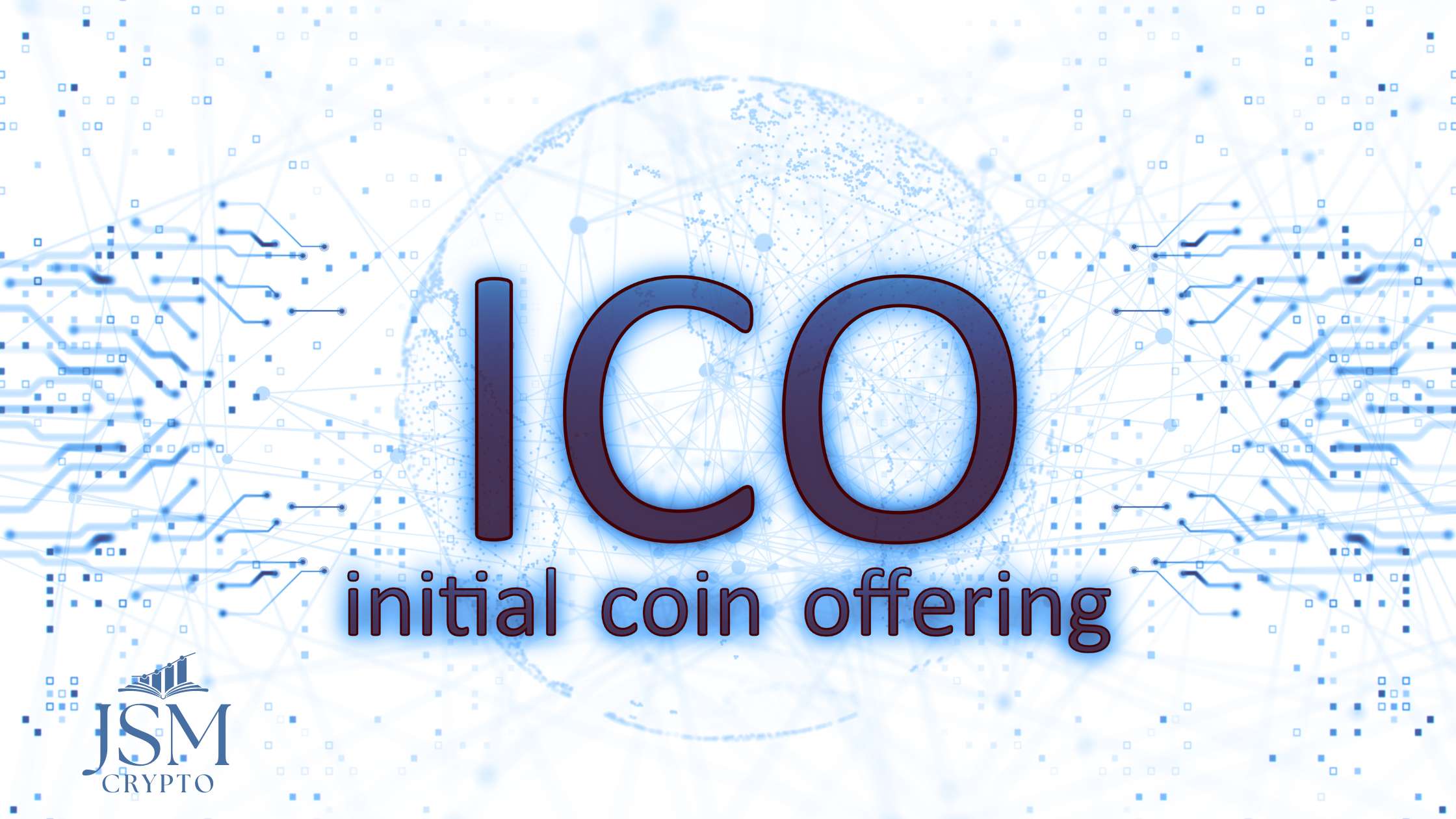
What is an Initial Coin Offering (ICO)? A Comprehensive Guide
As the world becomes increasingly digital, cryptocurrency has become a popular investment option. One way startups raise capital in the crypto space is through Initial Coin Offerings (ICOs). In this article, we’ll dive into what an ICO is, how it works, and the advantages and disadvantages of investing in one.
Table Of Contents
- What is an Initial Coin Offering (ICO)?
- How ICO’s Work?
- Advantages of ICOs
- Drawbacks of ICOs
- ICO Regulations
- ICO Marketing
- ICO Future
- Conclusion
What is an Initial Coin Offering (ICO)?
An Initial Coin Offering (ICO) is a type of crowdfunding that uses cryptocurrencies or tokens to raise funds for a project. This is done by selling digital tokens to investors in exchange for other cryptocurrencies such as Bitcoin or Ethereum.
ICO projects typically start with a whitepaper that explains their idea, goals, and how they plan to achieve them. The whitepaper also explains how the tokens will be used and the benefits of investing in the project.
When investors buy tokens during an ICO, they become part of the project’s ecosystem and can use the tokens for various purposes, such as accessing the project’s services or products.
How ICOs Work?
Here’s a step-by-step breakdown of how ICOs work:
ICO Development
The first step in launching an ICO is to develop the project. This includes creating a whitepaper that outlines the project’s goals, technology, and roadmap.
ICO Marketing
Once the project is developed, the startup will need to market the ICO to potential investors. This includes creating a website, social media accounts, and marketing materials.
ICO Launch
During the ICO launch, the startup will issue tokens to investors in exchange for cryptocurrencies or fiat currencies. The tokens can then be traded on cryptocurrency exchanges.
ICO Analysis
After the ICO, investors will analyze the project to determine its potential for success. This includes analyzing the technology, team, and market potential.
ICO Rating
Some organizations provide ratings for ICO projects, which can help investors make informed decisions.
ICO Advisor
Some startups hire ICO advisors to help with the project’s development.
ICO Platform
ICO platforms provide a way for startups to launch their ICOs and for investors to purchase tokens.
ICO Bounty Program
Some startups offer bounty programs to incentivize individuals to promote the ICO project on social media or other platforms.
Advantages of ICOs
ICOs have several advantages for startups and investors, including:
Access to Capital
ICOs provide startups with access to capital without having to go through traditional funding methods.
Global Reach
ICOs can be marketed to a global audience, providing startups with access to a larger pool of investors.
Decentralization
ICOs are decentralised, which means that control over the project is not centralised in one entity.
Liquidity
Once a project’s tokens are listed on an exchange, investors can buy and sell them, providing liquidity to investors.
Drawbacks of ICOs
ICOs also have some drawbacks, including:
Lack of Regulation
ICOs are currently not regulated, which leaves investors vulnerable to scams or fraudulent projects.
Market Volatility
The value of tokens can be volatile, and investors can lose money if the value of the tokens decreases.
Lack of Transparency
Some ICOs lack transparency, making it difficult for investors to understand the project’s goals or how the funds will be used.
ICO Regulations
Regulations around ICOs are still evolving, and different countries have different approaches. Some countries have banned ICOs altogether, while others have created regulations to protect investors.
For example, the United States Securities and Exchange Commission (SEC) has created guidelines for ICOs, stating that tokens sold during an ICO can be considered securities and must comply with securities laws.
ICO Marketing
ICO marketing is crucial for the success of an ICO project. Some popular ICO marketing strategies include:
Social Media
Social media platforms such as Twitter and Telegram are popular for ICO marketing. They allow startups to reach a large audience and engage with potential investors.
Influencer Marketing
Influencer marketing involves partnering with influencers in the cryptocurrency space to promote the ICO project.
Bounty Programs
Bounty programs reward individuals for promoting the ICO project on social media or other platforms.
ICO Future
The future of ICOs is uncertain, as regulations continue to evolve and investors become more cautious. However, ICOs are still popular in the cryptocurrency space, and many startups continue to use them to raise funds for their projects.
Conclusion
ICOs have become an integral part of the cryptocurrency space, providing startups with access to capital and investors with new investment opportunities. However, ICOs also have their drawbacks, including lack of regulation and market volatility.
As regulations around ICOs continue to evolve, it is important for startups to be transparent and follow best practices to protect investors. ICO marketing strategies are also crucial for the success of an ICO project.
Overall, ICOs have the potential to revolutionize the way startups raise funds, and their future in the cryptocurrency space is still uncertain but promising.





